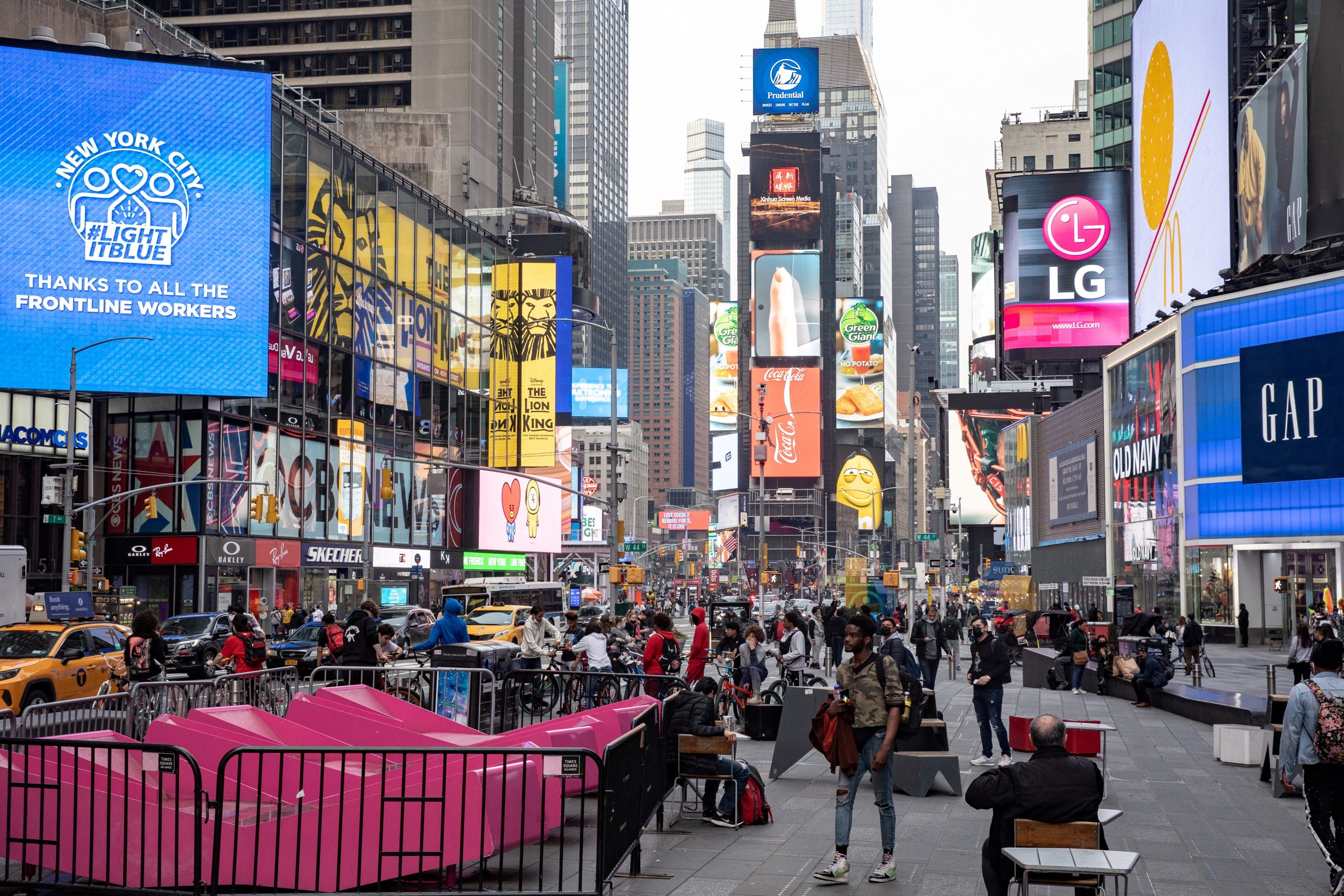Progressives look for racism everywhere — even where it doesn’t exist.
From peanut butter and jelly sandwiches to “niceness,” it seems they’ve slapped the “racist” label on everything at some point.
Now, Kenny Allen, opinion editor of Northwestern University’s student newspaper is attacking white people for “walk[ing] awkwardly on sidewalks because of their internalized racism,” Campus Reform reported last week.
“When I first got to Northwestern, I wondered why walking around on campus could be so frustrating. Even when sidewalks were relatively empty, I would often have to walk way around people to pass without bumping into them.” Allen wrote in an April column.
“At first, I chalked it up to the geographic diversity of the school; maybe the people that came to this school were used to different ways of moving through a public place. But after talking to my Black friends about my experience, they echoed it: people at this predominantly White school would not move out of our way on the sidewalk,” he added.
Allen chalked up his experiences — and the experiences of other blacks on campus — of feeling as if they are “being pushed off the sidewalks” to a legacy of Jim Crow segregation that helped create a sense of “black inferiority” that still fuels the way blacks and whites interact.
“The formal rules of Jim Crow were accompanied by a set of informal ones that governed the way Black people approached White people in public space and vice versa. That social order required Black people to yield to White people whenever possible,” Allen wrote.
“Both sets of rules told White people that they were superior and Black people that they were inferior — and that this pattern of subjugation was the natural way for things to be. Black people were made to show deference to White people any time they interacted. One of the ways they were made to do so was by stepping off the sidewalk when a White person was walking past.”
Though Allen asserts that these informal rules established during the Jim Crow era have been passed down through generations, a few flaws exist within this logic.
For one, we can consider our own experiences and actions toward others when walking on a sidewalk.
Would any decent human being of any race push someone else off of the sidewalk for any reason?
The simple answer is “no,” and if people are engaging in this behavior on campus, even if it is exercised more often by one race than by others, this is likely an issue of poor manners rather than one of prejudice.
Who can say that these white students don’t treat all students this way, even other whites?
We can also ask why this harsh generalization of white students and collectivist mentality is appropriate.
No two individuals neither look and behave the same way, nor do they hold the same views, so why paint an entire race with one broad paintbrush on the basis of a controlled instance?
We can also consider another truth: Jim Crow laws exhibited the nature of a racially divided post-Civil War culture.
Data USA indicates that the largest percentage of Northwestern University’s student population is white. However, according to the college evaluation website CollegeFactual.com, the population is racially and ethnically diverse, and more than 70 percent of students come from states outside of Illinois.
So, Northwestern’s white students are clearly willing to travel out of state to attend a school with a racially diverse student body, which doesn’t exactly sound like Jime Crow material. And what about those whose families came from nearby states like Iowa, Wisconsin, or Michigan that were never subjected to Jim Crow laws? How would the culture surrounding those laws be passed on to them, even if they were open to accepting it?
Also, if Allen’s narrative is true, then why aren’t we clinging to other “etiquette rules” The Jim Crow Museum at Michigan’s Ferris State University emphasizes as typical of the era, rules that prevented black men from shaking a white man’s hand, kept blacks and whites from eating together or required blacks be introduced to whites but never vice-versa.
At some point, regardless of race, geographic region or sex, we’ve all encountered rude people who pass us along the sidewalk.
People shove others in crowds, force their way past passersby or refuse to watch where they’re going.
We shouldn’t take that behavior personally nor should we chalk it up to some internalized hatred.
There are badly-mannered people everywhere and, no matter how much we would like to change that, the world will never be the utopia we seek.
In a time when peanut butter and jelly sandwiches can be tied by leftists educators to white supremacy, or “niceness” can be discounted by progressives as simply a way of “circumventing racial tension, “of masking here is one truth that needs to be said:
Judging an entire group of people by the actions of a few is a bad idea. Period.
And we will never heal our culture’s divisive wounds as long as we perpetuate such ideas.
This article appeared originally on The Western Journal.

























 Continue with Google
Continue with Google